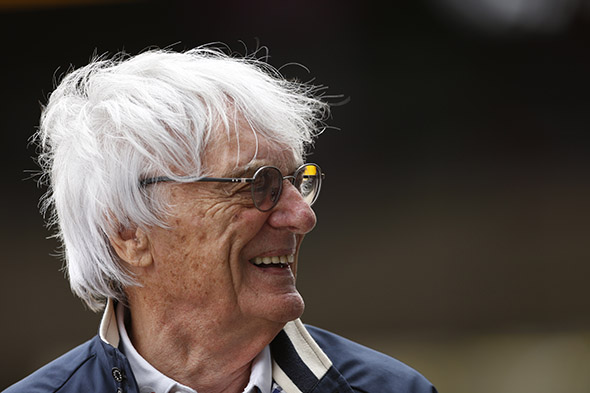Liberty’s mega purchase of F1 down to “uniqueness and potential”
September 12, 2016
John Tinker, abortion financial analyst with Gabelli & Company, has claimed that Liberty Media Company (LMCA) is paying 17 times the firm’s earnings of $479 million (£361 million) due to “the uniqueness of the franchise and potential size of the market”, stressing the financial incentives of the deal.
American firm Liberty Media has acquired a 19% stake in Formula One, their first step in taking full control by 2017 for a total of around $8 billion (£6 billion).
Liberty Media made the first transaction of $746 million (£562 million) on 7 Sep, with the second expected in the first quarter of 2017 when the American media company will gain complete control and change its name to the Formula One Group.
“F1’s business model is particularly attractive as taxes are minimal due to being located in the Cayman [Islands] with the headquarters in London. Management anticipates that cash should be repatriated to the US with minimal leakage,” he added.
Liberty, formed in 1991, is headquartered in Colorado, United States. The media conglomerate also has a 34% stake in Live Nation but has now also changed into operating a “unique 67 year global franchise” with this new deal according to Tinker.
F1’s 85-year-old CEO Bernie Ecclestone is expected to remain in his position for at least the next three years, according to The Guardian, despite the deal from American billionaire John Malone’s media empire at Liberty Media.

Nigel Geach, Senior Vice President of Global Motorsport Nielsen Sports UK, expressed his optimism for the sport’s future on iSportconnect, despite the complex uncertainty posed by fragmented media markets around the world. He highlighted the encouraging trends and importance of live audiences, regardless of the losses in viewership posed by subscription TV, particularly in countries such as Germany, Italy and Brazil which have traditionally been Formula One heartlands.
F1’s major sources of revenue are advertising and sponsorship of events; fees from host circuits and broadcasting rights.
“[Formula One] still poses a fantastic vehicle for brands looking to engage with not just avid fan bases, but a fan base which is truly global. New markets like Indonesia and Holland, largely encouraged by the success of their drivers in recent years are coming to the fore and audiences are certainty tuning in. In this purchase of F1 we will most likely see a marketing push to grow the sport further and to build interest among a wider and potentially younger audience base,”
{jcomments on}



